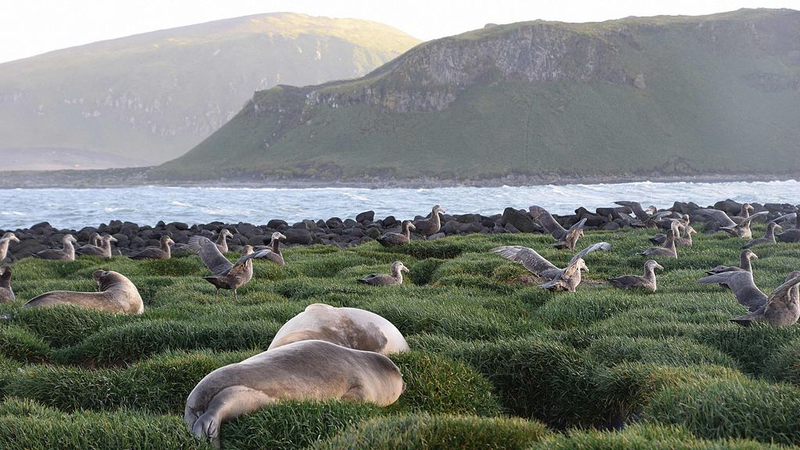Deep in the Southern Ocean, Australian Antarctic Program scientists aboard RSV Nuyina have reported unusual levels of mortality among elephant seals on Heard Island. Preliminary signs point to the H5 strain of avian influenza, a highly contagious pathogen known for its impact on bird populations and, increasingly, marine mammals.
Heard Island, an uninhabited Australian territory located roughly 4,000 km southwest of the mainland and 1,700 km north of Antarctica, serves as a critical outpost for wildlife monitoring. During the October expedition, researchers documented the first suspected H5 cases in the island’s elephant seals, while penguins and other seabirds showed no abnormal die-offs.
Although the H5 strain has been detected on nearby islands, Australia’s mainland remains free of confirmed cases. Experts say a positive test from Heard Island would not significantly raise the biosecurity risk to coastal communities. Still, the discovery underscores the need for vigilant monitoring at the planet’s wildest frontiers.
Sampled aboard the RSV Nuyina, tissue and swab specimens will undergo confirmatory analysis upon the vessel’s return to Australia in mid-November. These efforts build on over 100 million Australian dollars in federal funding allocated to enhance bird flu preparedness and the national biosecurity exercise conducted in September 2024.
For scientists, thought leaders, and global citizens, the Heard Island findings offer a stark reminder of how swiftly diseases can traverse ecosystems. As remote regions become connected through climate change and human activity, continuous monitoring and data-driven responses will be crucial to protect biodiversity and public health.
Reference(s):
Signs of deadly bird flu detected on Australian sub-Antarctic island
cgtn.com




